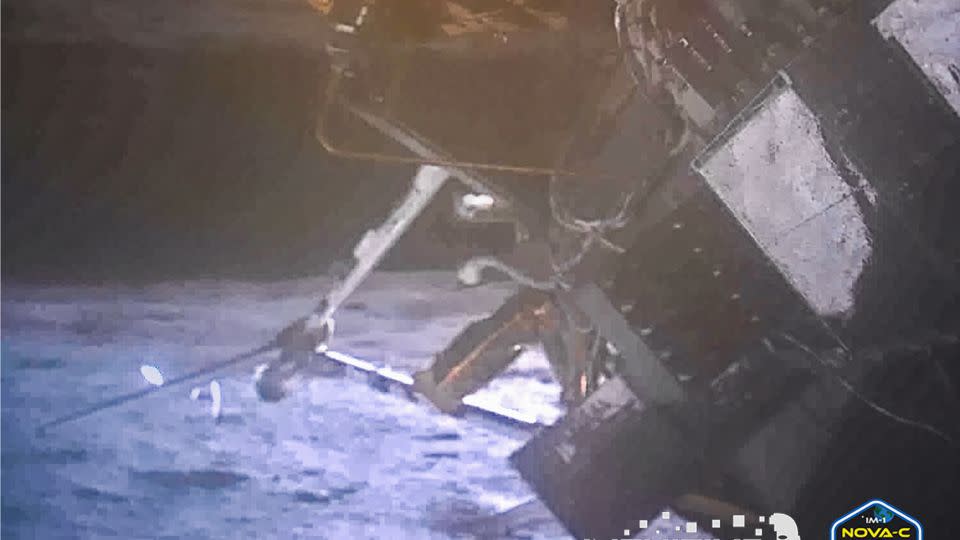While road hazards from snow and freezing temperatures could be a concern for drivers, there are measures taken by the state, as well as precautions drivers should consider, before taking to the streets during or even after a storm.
The Department of Transportation has several resources to treat roads during winter storms including the use of snow and ice-melting supplies such as liquid calcium, rock salt, and a salt-water brine solution.
Why do they brine the roads?
Officials said that brining a road is an” effective, inexpensive and more environmentally-friendly method to proactively treat a road surface in anticipation of snow or freezing conditions.” The mixture used by the agency is a less concentrated form of salt, actually about 80% water, which makes it more environmentally friendly than only using rock salt.
It also helps prevent snow from sticking to roads and limits icing conditions by reducing the freezing point on road surfaces.
When do they pre-treat roads?
Brining is done usually a day or two before the snow starts and can last for several days. It’s a snow or ice specific precaution though because rain would wash it away.
The agency is already taking steps to get ready for Monday night’s potential snow. Crews and contractors were getting ready this afternoon to be in position when the winter weather arrives.
Drivers should be aware that snow is expected overnight and through the day tomorrow, so the commute may be difficult and road conditions can change quickly.
Officials also recommend keeping an emergency kit in your car with a cell phone charger, water, snacks, and other items and advised that when a road crews is treating or plowing roads, drivers should stay back and give them the space they need to do their jobs.
Should you use rock salt at home for ice?
As for folks using road salt at home, New Jersey American Water and The Watershed Institute issued advise to help reduce the impact that it can have on drinking water supplies, aquatic life, infrastructure and the environment.
New Jersey American Water suggested residents shovel driveways and sidewalks to reduce the use of de-icers and sweep up extra salt left on dry pavement, so it doesn’t wash away. They noted that a 12-ounce coffee mug is about a pound of salt and enough to treat a 20-foot driveway.
This article originally appeared on NorthJersey.com: Pre-treating roads before snow: What’s in the brine?
Signup bonus from





